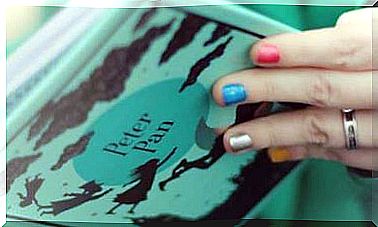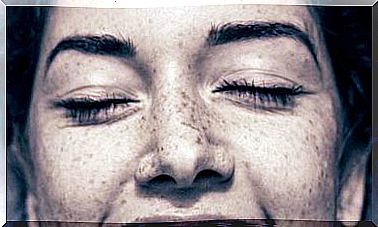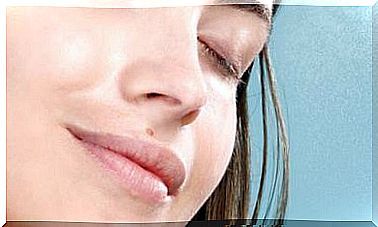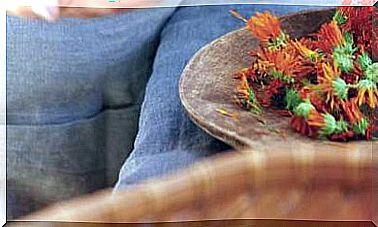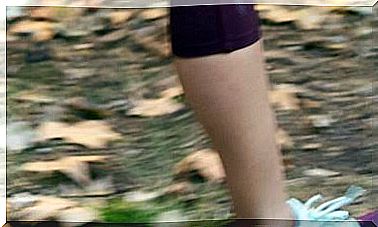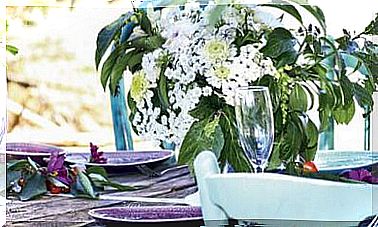“Breathing Can Solve Conflicts”
He has been researching for years the power of breathing to gain health and freedom. With the Duggan French Approach technique it helps to recognize the respiratory pattern
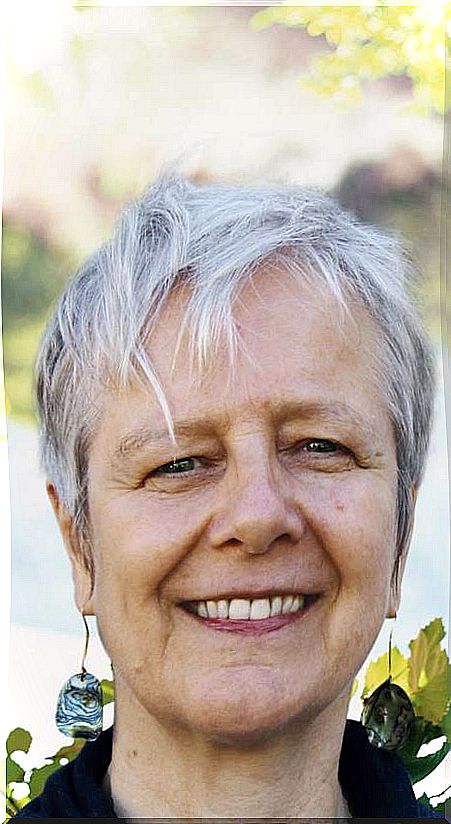
He is a specialist in a technique –Duggan French Approach (DFA) – that identifies how we occupy the space of our body. As he explains in Breathing with Trees (Uranus), we are facing a way to release tensions that limit our movements and that cause disease.
Breathing to feel better: an interview with Brigitte Hansmann
Do trees teach us to breathe?
They have been on the planet longer than humans. They know what it means to live in a community and they have developed receptive capacities that are fundamental for life. Humans have devoted a lot of energy to thought, action, critical function …, but we know very little about how to use sensory perception and receptive capacities to live better. Life is a whole and each one constitutes a part of it; participate in a continuous exchange with the world through breathing.
Can I be more aware of how I participate in the world through breathing?
With each breath you take in a little bit of the world in your chest and let something inside you come out. Observe how these movements change the shape of the body in relation to the floor, the chair … On the exhale you rest inwards and towards the floor. Inspiration, on the other hand, almost lifts you off the ground. If you allow these movements, with a little more time than usual, you open the space of your body from within and it spontaneously aligns itself with the ground. If you practice it, you perceive the world more clearly.
Is this what the DFA consists of?
We use a manual intervention to help the person recognize their breathing pattern, which has developed in the first years of life. As adults we have skills to cope with life that we did not have as children, but, often, the pattern keeps us anchored in feelings typical of then, due to the tension we use to stop them. This tension limits breathing. In the sessions you learn to perceive these sensations and to distinguish to what extent they reflect the reality of the present moment. We work with the person lying on a stretcher, with their clothes on, and also walking, standing or sitting to develop alternatives to the pattern that allow them to breathe and move freely.
Breathing allows you to regulate sensations and opens access to the information that tension holds.
Can I change through breathing and make things better?
Yes of course. We are a continuously fluctuating field of sensations that come from physiological processes (digestion, respiration …). It is a matter of learning to understand the language of sensations. They are usually below the threshold of consciousness, but they warn: you are thirsty and you drink. If you take care of things in the right measure, you are comfortable and happy. Breathing allows you to regulate sensations and opens access to the information that the tension holds.
What happens when I access this information?
Memories, smells, images, emotions such as anger, sadness may appear … It is difficult to pay attention to breathing because, when releasing part of the tension that we use to remove undesirable sensations, whether painful or threatening, from consciousness, they reappear . Attending them helps us to solve what still requires a solution and to release what is no longer relevant.
As you do what is inherent in your nature, life becomes more satisfying.
So can we avoid disease?
If the body is organized in a balanced way around the imaginary line of the gravitational axis, so that each segment rests on the one below it, all physiological, emotional and psychological processes find an optimal space to pass.
Do we gain freedom?
Definitely. It is most liberating to rest in who you are and in the world of which you are a part, to feel how the air that enters your body expands and moves you, beyond the little “I” that you have created. As you do what is inherent in your nature, life becomes more satisfying because you develop your innate talents. Happiness lies in knowing ourselves useful and feeling that we are in line with something that is beyond us.


